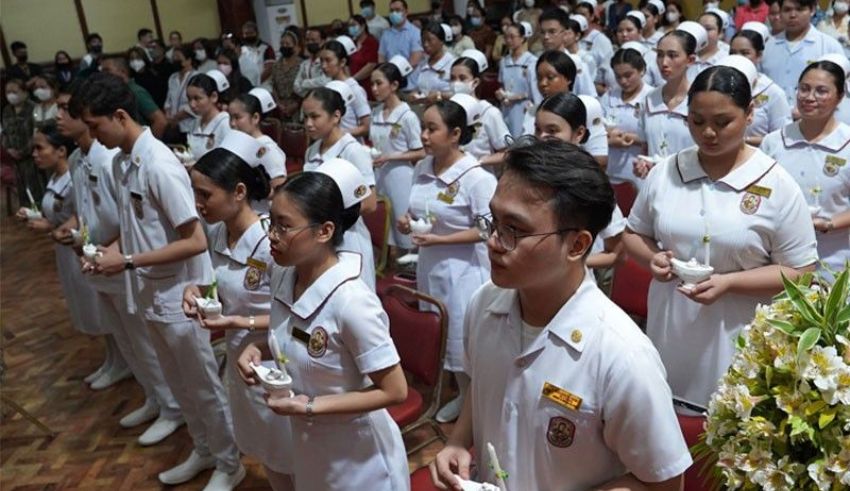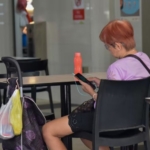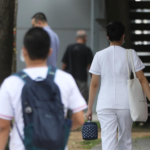
More than 124,000 Filipino licensed and registered nurses are currently unemployed, underemployed, or compelled to work in non-nursing occupations, according to recent data from the Department of Health (DOH). This worrying situation has sparked calls for rapid action to alleviate the nation’s rising nursing shortage. LRay Villafuerte, a representative from Camarines Sur, has suggested that the DOH prioritise hiring these nurses for government hospitals to alleviate the situation. This article covers the government’s approach to the issue and emphasises the necessity for immediate action to support unemployed nurses.
Growing Nursing Shortage
As of December 2021, 124,000 registered nurses were either unemployed, underemployed, or working in jobs unrelated to nursing, indicating a significant scarcity of nursing jobs in the Philippines. These statistics, which demonstrate the scope of the issue, were provided by the Filipino Nurses United (FNU), a national association recognised by the government.
The situation is made worse by the many nursing graduates who recently completed the nurse licensure exams but have not yet been able to find jobs. Nevertheless, many of the 29,293 graduates who passed the tests in May and November 2022 have no prospects for employment.
Government Initiatives
Health Secretary Ted Herbosa suggested recruiting nursing graduates who failed the board exams to address the nursing shortage. LRay Villafuerte, a representative for Camarines Sur, advised against using this strategy and emphasised the necessity to provide licensure and registration priority to unemployed nurses.
Villafuerte advises that the DOH find these unemployed nurses and actively urge them to work at government hospitals. The government can stop the rising nursing shortage by filling the projected 4,500 nursing positions vacant in public healthcare facilities countrywide. This strategy is preferable to the dangers of employing nursing graduates who failed the board tests.
The Commission on Higher Education (CHED) has announced plans to give free review sessions at leading universities to help nursing graduates increase their chances of passing the board exams in addition to actions taken by individual lawmakers. According to CHED Chairman Prospero de Vera III, the assessment process for non-passers now employed in both public and private hospitals would be more accessible thanks to scholarships awarded to colleges.
Additionally, the CHED established certificate or diploma programs to train healthcare associates and assistants in partnership with the Technical Education and Skills Development Authority (TESDA). By assigning some activities that may be completed by healthcare professionals with the necessary training, this effort intends to lessen the strain on nurses and free them up to focus on crucial patient care.
Keep Reading
The CHED intends to eliminate the 10-year ban on developing new nursing programs to solve the long-term nursing shortage. By taking this action, more universities would be able to offer nursing degrees, increasing the number of qualified nursing graduates.
To free up nurses to focus on essential healthcare duties, the government is also collaborating with the private sector advisory council at the DOH to identify jobs that can be delegated to healthcare associates and assistants.
Over 124,000 unemployed, underemployed, and non-nursing Filipino nurses are in desperate need of assistance. The nation’s nurse shortfall must be addressed immediately by the government, working with the appropriate institutions. The situation can be mitigated by prioritising the hiring of experienced nurses to fill open posts in government hospitals, offering free review classes to test failures, and investigating alternate healthcare careers. The government can guarantee a more robust and long-lasting nursing staff that can successfully address the healthcare needs of the Filipino population by putting these policies into place.


























